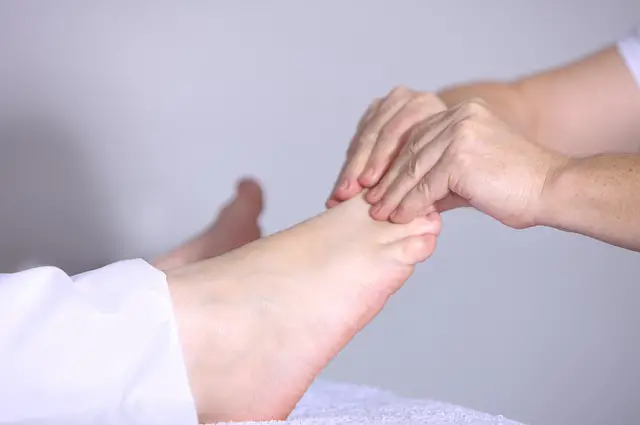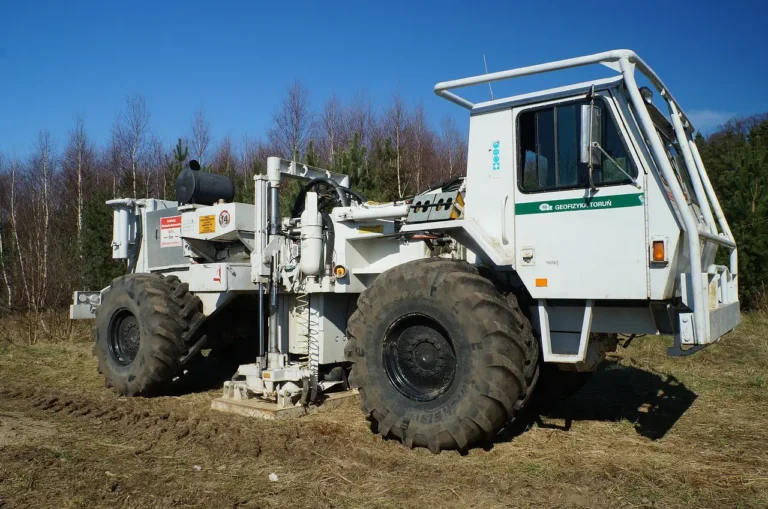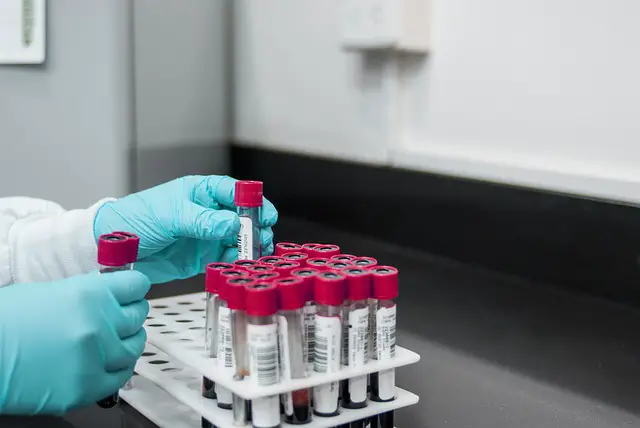30 Careers Related to Physical Therapy
Physical therapy is a healthcare profession that focuses on restoring and enhancing the mobility, functionality, and quality of life for individuals who have physical limitations or injuries. While many are familiar with the role of a physical therapist, this field offers a diverse range of career opportunities beyond traditional clinical settings. In this blog post, we will explore 30 careers related to physical therapy, shedding light on the various paths available for those interested in this rewarding field.
30 Careers Related to Physical Therapy
- Physical Therapist:
A physical therapist (PT) evaluates and treats patients with musculoskeletal, neurological, and cardiovascular conditions through exercise, manual therapy, and other interventions. PTs design personalized treatment plans to help patients regain mobility and manage pain. - Physical Therapist Assistant:
Under the supervision of a PT, physical therapist assistants (PTAs) provide hands-on care to patients. They assist with exercises, perform treatments, and monitor patient progress. - Physical Therapy Aide:
Physical therapy aides work under the guidance of PTs and PTAs, helping with administrative tasks, preparing treatment areas, and assisting patients with exercises. - Sports Physical Therapist:
Sports physical therapists work with athletes to prevent and treat sports-related injuries. They design specialized exercise programs and employ techniques like taping, bracing, and therapeutic modalities to promote recovery. - Pediatric Physical Therapist:
Pediatric PTs focus on the unique needs of children, addressing developmental delays, congenital conditions, and injuries. They create interventions to improve motor skills, strength, and overall mobility. - Geriatric Physical Therapist:
Geriatric PTs specialize in the care of elderly patients, addressing age-related conditions such as arthritis, osteoporosis, and joint replacements. They focus on improving balance, mobility, and maintaining independence. - Orthopedic Physical Therapist:
Orthopedic PTs concentrate on musculoskeletal conditions, such as fractures, sprains, and post-surgical rehabilitation. They employ manual therapy, exercise, and patient education to optimize recovery. - Neurological Physical Therapist:
Neuro PTs assist individuals with neurological disorders like stroke, multiple sclerosis, or Parkinson’s disease. They utilize techniques to improve mobility, balance, and coordination while managing symptoms. - Cardiovascular and Pulmonary Physical Therapist:
Cardiovascular and pulmonary PTs help patients with heart and lung conditions, such as chronic obstructive pulmonary disease (COPD) or cardiac surgery recovery. They focus on improving endurance, breathing, and overall cardiovascular health. - Women’s Health Physical Therapist:
Women’s health PTs address pelvic floor dysfunctions, prenatal and postpartum care, and musculoskeletal issues related to pregnancy. They provide treatments like pelvic floor exercises and manual therapy. - Industrial Rehabilitation Specialist:
Industrial rehab specialists work with individuals who have suffered work-related injuries, assisting with functional recovery and facilitating a safe return to work. - Researcher in Physical Therapy:
Researchers in physical therapy contribute to the development of evidence-based practices and innovative treatment techniques. They conduct studies, analyze data, and publish their findings to advance the field. - Clinical Educator:
Clinical educators work in academic settings or clinical environments, mentoring and instructing students pursuing physical therapy degrees. They guide students through practical experiences and provide hands-on training. - Rehabilitation Consultant:
Rehabilitation consultants assess and develop personalized rehabilitation plans for patients who have suffered serious injuries, ensuring the appropriate utilization of resources and services. - Home Health Physical Therapist:
Home health PTs provide care to patients who cannot easily access a clinic due to mobility issues or chronic conditions. They deliver therapy in patients’ homes, optimizing functionality within their living environment. - Aquatic Physical Therapist:
Aquatic PTs employ water-based therapies to assist with rehabilitation. The buoyancy of water reduces weight-bearing stress and facilitates movement for patients with joint pain or limited mobility. - Dance/Movement Therapist:
Dance/movement therapists combine elements of dance and psychotherapy to help individuals improve physical and emotional well-being. They use movement as a form of expression and healing. - Occupational Therapist:
Occupational therapists (OTs) work with individuals of all ages to improve their ability to perform daily activities. They focus on enhancing fine motor skills, coordination, and sensory integration. - Assistive Technology Specialist:
Assistive technology specialists help individuals with physical disabilities by assessing, recommending, and implementing devices and technologies that enhance mobility and independence. - Rehabilitation Counselor:
Rehabilitation counselors assist individuals with disabilities in achieving personal, social, and vocational goals. They provide counseling, guidance, and job placement services. - Strength and Conditioning Specialist:
Strength and conditioning specialists design exercise programs to enhance athletic performance, prevent injuries, and aid in post-rehabilitation. They work with athletes of all levels and sports. - Massage Therapist:
Massage therapists utilize manual techniques to manipulate muscles and soft tissues, promoting relaxation, pain relief, and improved circulation. They often collaborate with physical therapists to enhance patient outcomes. - Ergonomics Specialist:
Ergonomics specialists evaluate and modify work environments to optimize productivity, safety, and comfort. They focus on designing ergonomic solutions that prevent injuries and improve posture. - Adaptive Sports Coach:
Adaptive sports coaches work with individuals with disabilities, training them in adaptive sports activities and competitions. They promote inclusivity, skill development, and physical fitness. - Healthcare Administrator:
Healthcare administrators oversee the management and operations of physical therapy departments or rehabilitation facilities. They handle budgets, policies, and ensure the smooth functioning of the organization. - Sales Representative for Medical Equipment:
Sales representatives for medical equipment specialize in promoting and selling physical therapy devices, equipment, and products to clinics, hospitals, and rehabilitation centers. - Telehealth Physical Therapist:
Telehealth PTs provide remote physical therapy services through digital platforms. They assess patients, design treatment plans, and guide them through exercises and self-care techniques. - Wellness Coach:
Wellness coaches support individuals in achieving and maintaining a healthy lifestyle. They provide guidance on exercise, nutrition, stress management, and overall well-being. - Fitness Instructor:
Fitness instructors lead group exercise classes, such as aerobics, Pilates, or yoga, promoting physical fitness and well-being among participants. - Public Health Advocate:
Public health advocates in physical therapy focus on promoting awareness, education, and policies that improve access to physical therapy services and support preventive care.
READ ALSO: 70 Careers Related to Accounting
Conclusion
The field of physical therapy offers a broad range of career opportunities beyond the traditional roles of physical therapists and physical therapist assistants. From specialized areas like pediatric or geriatric physical therapy to research, education, and advocacy, there is a wealth of options available to those interested in this dynamic field. Exploring these diverse career paths allows individuals to find their niche, leverage their skills, and make a meaningful impact on the lives of others while contributing to the advancement of physical therapy as a whole.








